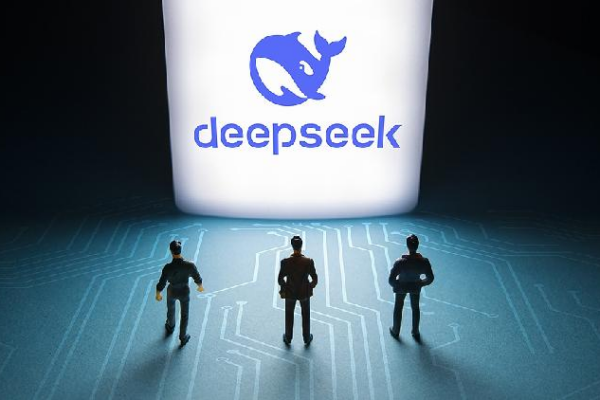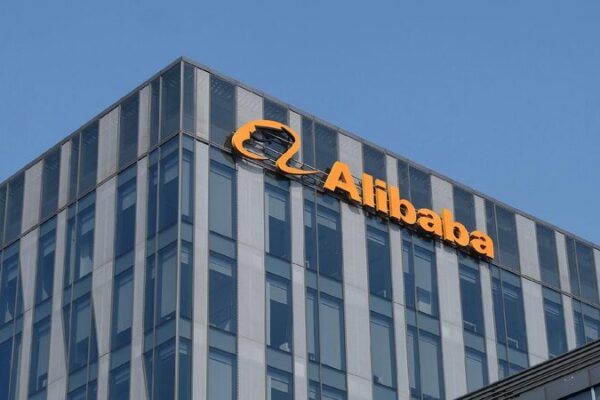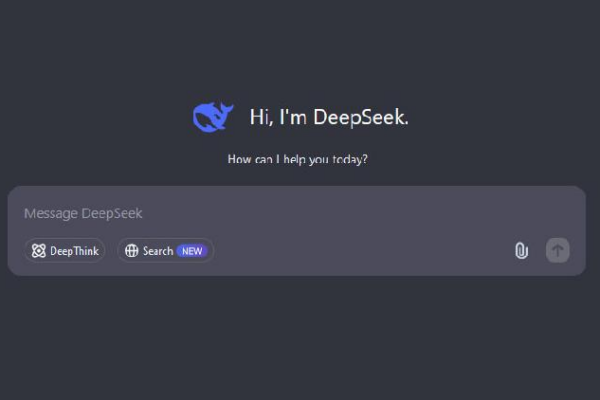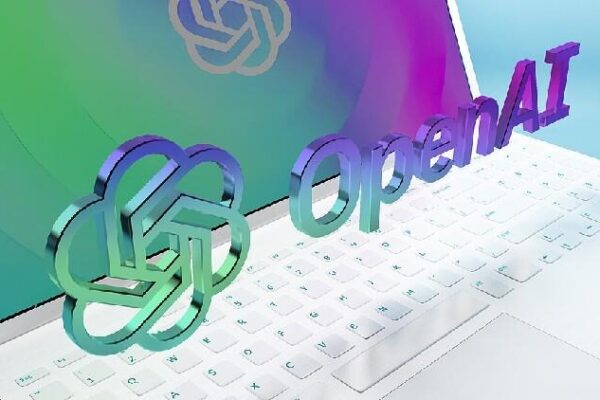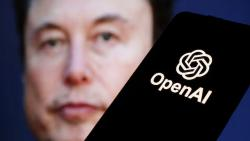Microsoft CEO Satya Nadella has lauded the Chinese artificial intelligence model DeepSeek for showcasing “some real innovation” and described it as “all good news” during the company’s quarterly earnings call on Wednesday. DeepSeek has recently made waves in the tech industry and disrupted Wall Street with its impressive performance at a significantly lower cost.
On the same day, Microsoft began offering the DeepSeek-R1 reasoning model to users of its cloud platform. This AI model allows users to inspect its “thought process,” providing greater transparency in AI operations.
Accusations Amid Collaboration
Despite the collaboration, Microsoft, a major investor in OpenAI—DeepSeek’s U.S.-based competitor—is investigating whether DeepSeek obtained data outputs from OpenAI without authorization. OpenAI has alleged that DeepSeek used its services to train their AI models, a practice prohibited by OpenAI’s terms of service. However, neither company has provided concrete evidence to support these claims.
Adding to the controversy, Howard Lutnick, the nominee for commerce secretary in the Trump administration, accused DeepSeek of utilizing “stolen” U.S. technology during a Senate hearing on Wednesday. Trump’s AI adviser, David Sacks, also claimed there is “substantial evidence” that DeepSeek “distilled the knowledge” from OpenAI’s models.
Understanding AI Distillation
Distillation in AI refers to a process where a new, smaller model learns from a larger one by analyzing its outputs. While DeepSeek’s research papers acknowledge using distillation, the company asserts it was applied differently. According to the Hangzhou-based team, they employed their own DeepSeek-R1 model to teach other AI models like Alibaba’s Qwen and Meta’s Llama, enhancing their reasoning capabilities.
DeepSeek has made both the distilled models and the original R1 model available for free download. This move empowers users with less powerful computers—or even smartphones—to run these models offline with full control. In contrast, users of services like OpenAI’s ChatGPT cannot access or modify the underlying models, even if they are paid users.
Debate Over AI Ethics
The situation has sparked a broader discussion about ethics in AI development. Tech investor and Cornell University lecturer Lutz Finger pointed out the irony in big tech companies’ accusations. “Distillation will violate most terms of service, yet it’s ironic—or even hypocritical—that big tech is calling it out,” Finger remarked on Wednesday. “Training ChatGPT on Forbes or New York Times content also violated their terms of service.”
Social media users have noted that DeepSeek sometimes identifies itself as ChatGPT, fueling speculation about data misuse. However, this phenomenon is not unique to DeepSeek. Previously, a version of Google’s Gemini chatbot mistakenly identified itself as Baidu’s Ernie bot when queried in Chinese. Baidu did not accuse Google of data theft in that instance.
As AI technology continues to evolve rapidly, the industry grapples with questions of innovation, collaboration, and ethical boundaries. The developments surrounding DeepSeek highlight the complexities of AI advancement in a global context.
Reference(s):
Microsoft CEO says DeepSeek has 'real innovation' and is 'good news'
cgtn.com

